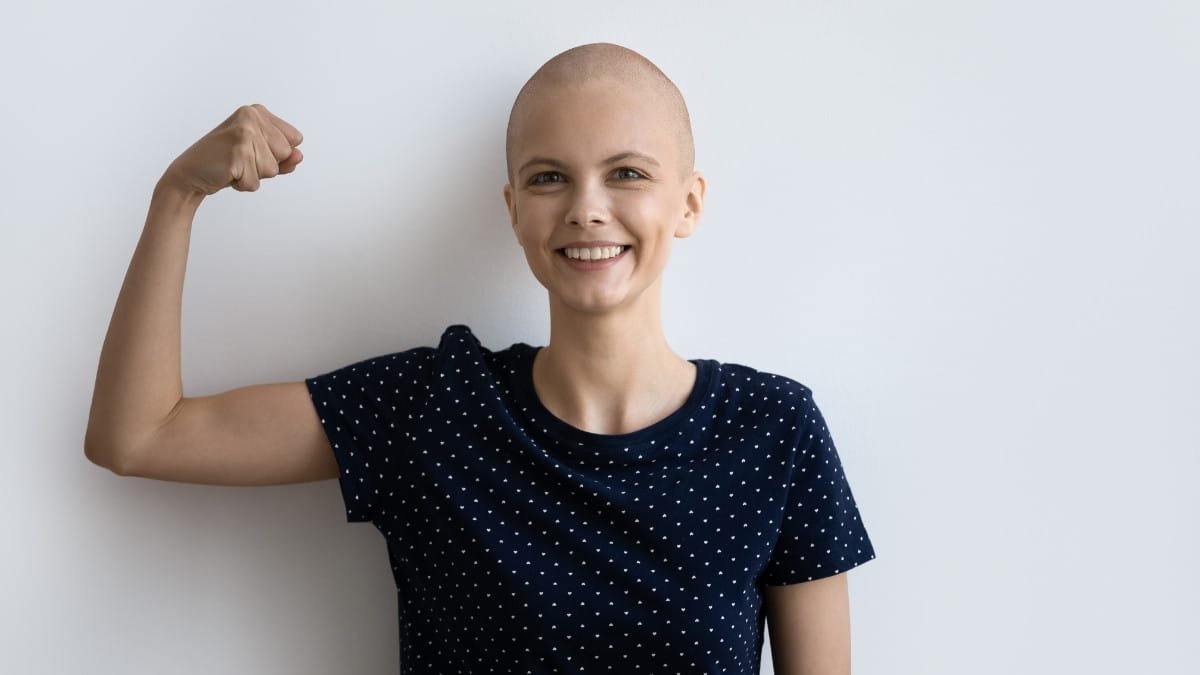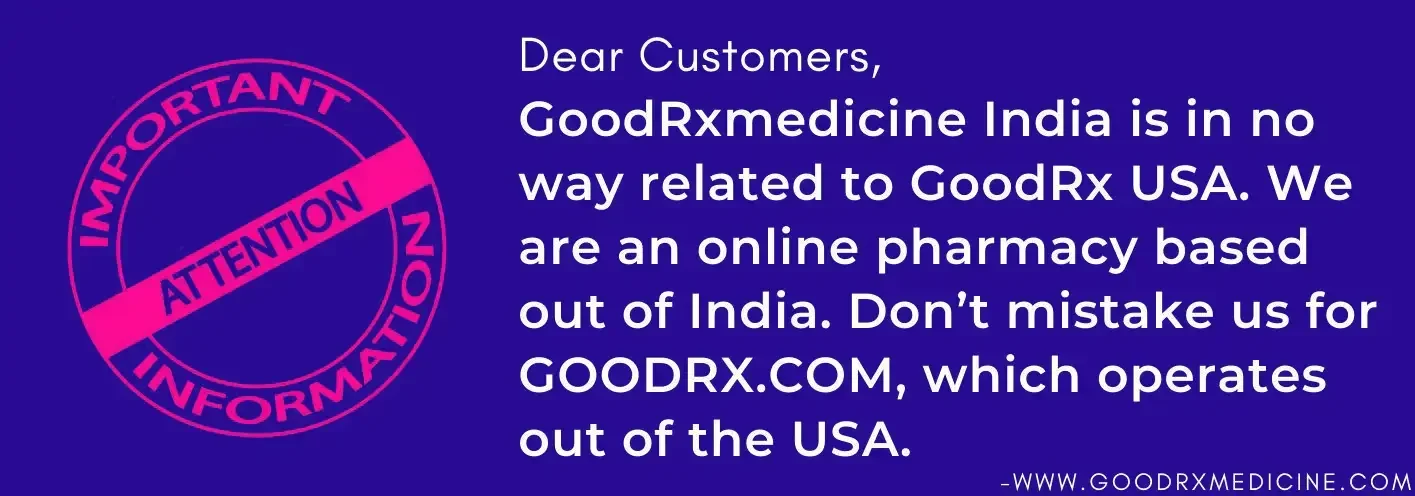What Is Chemotherapy?
Chemotherapy, also called “chemo,” is an aggressive form of chemical drug therapy intended to destroy rapidly growing cells in the body.
It is generally used as a cancer treatment because cancer cells grow and divide faster than any other cells.
Chemotherapy is done by a doctor who specializes in cancer treatment – called an Oncologist. They will work with you and propose the best treatment plan for you.
Chemotherapy is generally performed in combination with other therapies, including surgery, hormone therapy, or radiation therapy. This depends upon the following factors:
- The type and stage of cancer you have
- Your overall health
- Previous cancer treatments you’ve had
- The location of the cancer cells
- Your personal treatment preferences
Chemotherapy is considered a systemic treatment, which signifies that it impacts the entire body.
Chemotherapy is scientifically proven for effectively killing cancer cells, although it can cause some serious side effects that may significantly impact your quality of life.
Compare these side effects against the risks of not getting treatment and then decide whether you wish to undergo the procedure.
Why Is Chemotherapy Done?
The doctor usually recommends chemotherapy to:
- Minimize the odds of cancer spreading
- Reduce the total number of cancer cells in your body
- Reduce current symptoms
- Shrink tumor size
What Does Chemotherapy Do?
It depends upon the type of cancer you have and how far it has extended.
- Cure: In certain cases, the treatment can kill cancer cells to the point that your doctor can no longer identify them in your body. After that, the best result is that they never grow back again, but unfortunately, that doesn’t always happen.
- Control: In certain cases, it may only be able to prevent cancer from spreading to other parts of your body or delay the spread of cancer tumors.
- Ease Symptoms: In certain cases, chemotherapy cannot cure or check the spread of cancer and is easily used to shrink tumors that cause pressure or pain. These tumors usually continue to grow back.
How Long Does Chemotherapy Last?
How long your chemotherapy will last depends on the following factors:
- The type of cancer you have
- How far along it is
- The goal of treatment: cure, control growth, or ease pain
- The type of chemotherapy
- The way your body responds to the treatment
You can have chemotherapy in “cycles,” which implies a period of treatment and then a period of rest.
For instance, a 4-week cycle could be one week of treatment and then three weeks of rest.
The rest enables your body to make new healthy cells.
Once a cycle has been worked out, it’s better not to omit a treatment, but your doctor may recommend it if the side effects are severe.
Then your medical team will probably plan a new cycle to help you return on track.
Blood Tests Required For Chemotherapy
Blood tests are vital for assessing the patient’s health and determining whether they will be able to deal with the treatment’s possible side effects.
Liver health: The liver decomposes chemotherapy chemicals and other drugs. Overloading the liver can trigger other problems.
If a blood test reveals liver problems before treatment, the person might have to delay the treatment until it recovers.
Low count of white or red blood cells or platelets: If these blood counts are low before treatment, the person may require to wait until they attain healthy levels before getting chemotherapy.
It is essential to have routine blood tests during the treatment period to make sure that blood and liver functions stay as healthy as possible and track the effectiveness of the treatment.
How Is Chemotherapy Given?
- Injection: The drugs are delivered with a shot directly into muscle in your hip, thigh, arm, or in the fatty part of your leg, arm, or stomach, just underneath the skin.
- Intra-arterial: The drugs go directly into the artery that is encouraging cancer through a needle or thin, soft tube (called a catheter).
- Intraperitoneal (IP): The medicines are delivered to the peritoneal cavity, which incorporates organs including your liver, stomach, intestines, and ovaries. It is performed during surgery or through a tube with a specific port that is inserted by your doctor.
- Intrathecal (IT) chemotherapy: The drug is injected into the cerebrospinal fluid, which is found in the area around the spinal cord and the brain.
- Intravenous: The chemotherapy goes directly into a vein.
- Oral: You swallow a pill or liquid containing the drugs.
- Topical: You need to rub the drugs in a cream form directly onto your skin.
How Does IV Delivery Work In Chemotherapy?
- Needle: Drugs may be transmitted through a thin needle in a vein on your hand or lower arm. The nurse inserts the needle and removes it when treatment is finished. If you experience any pain or burning sensation during the treatment, inform your doctor right away.
- Catheter: It is a thin, soft tube. Your doctor inserts one end into a large vein, usually in your chest area. The other end remains outside your body and is used to provide chemotherapy or other medications or to draw blood.
It generally stays in place until all your treatment cycles are over. Look for signs of infection around your catheter. - Port: It is a small disc that a surgeon positions under your skin. It’s connected to a tube (catheter) that links to a large vein, often in your chest. A nurse can insert a needle into your port to provide you chemotherapy drugs or to draw blood.The needle could be left in place for treatments that persist for more than one day. Inform your doctor if you observe any signs of infection around your port.
- Pump: Usually attached to ports or catheters, it regulates the number of chemotherapy drugs and how quickly they get inside your body. You can carry this pump along with you, or a surgeon can place it under your skin.
Are There Any Side Effects Of Chemotherapy?
Chemotherapy is developed to kill cells that grow and divide rapidly. While cancer cells are these kinds of cells, other cells in your body divide swiftly as well. Cells in the following areas could be adversely affected:
- Blood
- Hair
- The lining of your intestinal tract
- Skin
Because of this, chemotherapy may cause some of the following side effects:
- Easy bruising and excessive bleeding
- Diarrhoea
- Mouth sores
- A fever
- A loss of appetite
- Hair loss
- Dry mouth
- Fatigue
- Weight loss
- Pain from nerve damage
- Anaemia
- Nausea
- Vomiting
- Constipation
- Concentration problems
- Memory problems
- Lymphedema
- Neuropathy
- Insomnia
- Skin changes
- Nail changes
- Fertility changes
- Sexual changes
- Infections
Your doctor can help you cope with these side effects with lifestyle tips, medications, and more.
Most side effects of chemotherapy diminish when treatment is completed. There is a risk of long-lasting effects that can arise even years after the treatment, on the basis of the type of chemotherapy done.
These side effects may include damage to the:
- Heart
- Lungs
- Nerves
- Kidneys
- Reproductive organs
There’s also a possibility of developing second cancer as a consequence of chemotherapy.
Before starting with the treatment, discuss with your doctor the likely risks and what symptoms you should be informed of.
Types Of Chemotherapy
Following are the types of chemotherapy:
Alkylating agents: These alter the DNA and kill the cells at various stages of the cell life cycle.
Antimetabolites: These imitate proteins that the cells require to survive. When the cells ingest them, they provide no gain, and the cells starve.
Plant alkaloids: These prevent the cells from growing and dividing.
Antitumor antibiotics: These prevent the cells from reproducing. These antibiotics are different from the antibiotics people generally use for an infection.
The doctor will suggest a suitable alternative for the individual. They may suggest combining chemotherapy with other procedures, including radiation therapy or surgery.
Outlook
The outlook for anyone receiving chemotherapy will depend greatly on the type, location, and stage of cancer and their general health.
There can be adverse effects, however, and a person may need to adjust their lifestyle or work routine during treatment. However, these usually resolve after treatment finishes.
Before starting with the treatment, a patient may want to discuss with their doctor:
- Why they are suggesting chemotherapy
- What the other alternatives are
- Which types are available
- How much it will cost
- What side effects to expect
They should also talk to:
- Their employer about how treatment may affect their work routine
- Their insurance provider about covering the costs
- Their loved ones regarding what to expect





